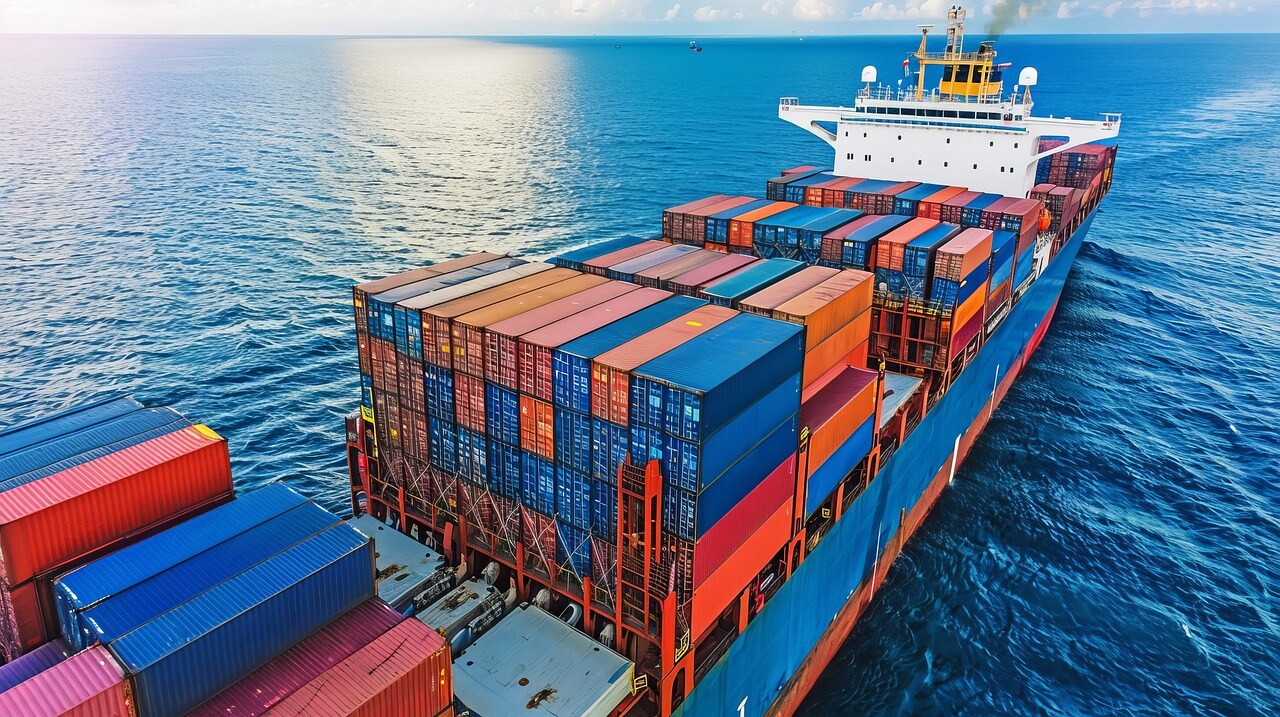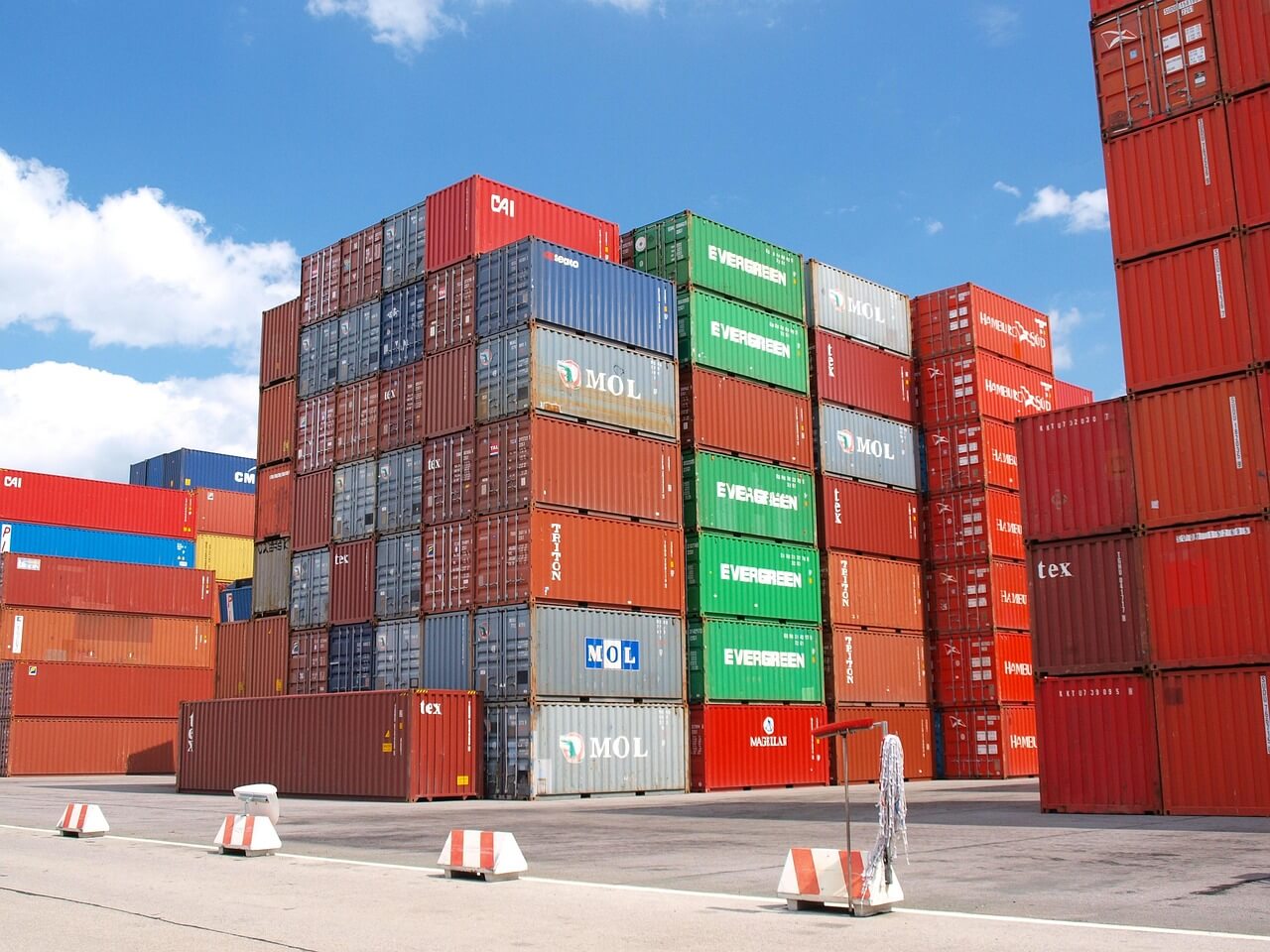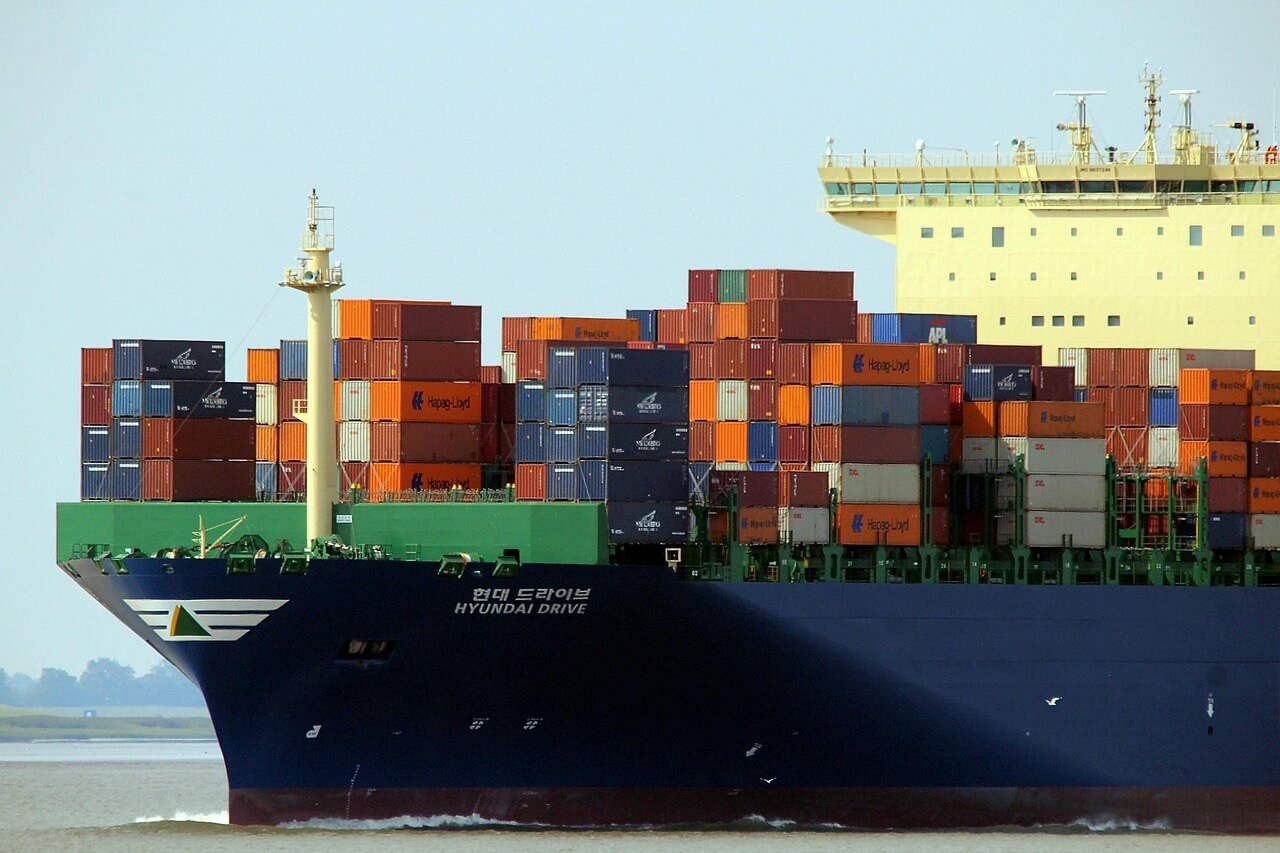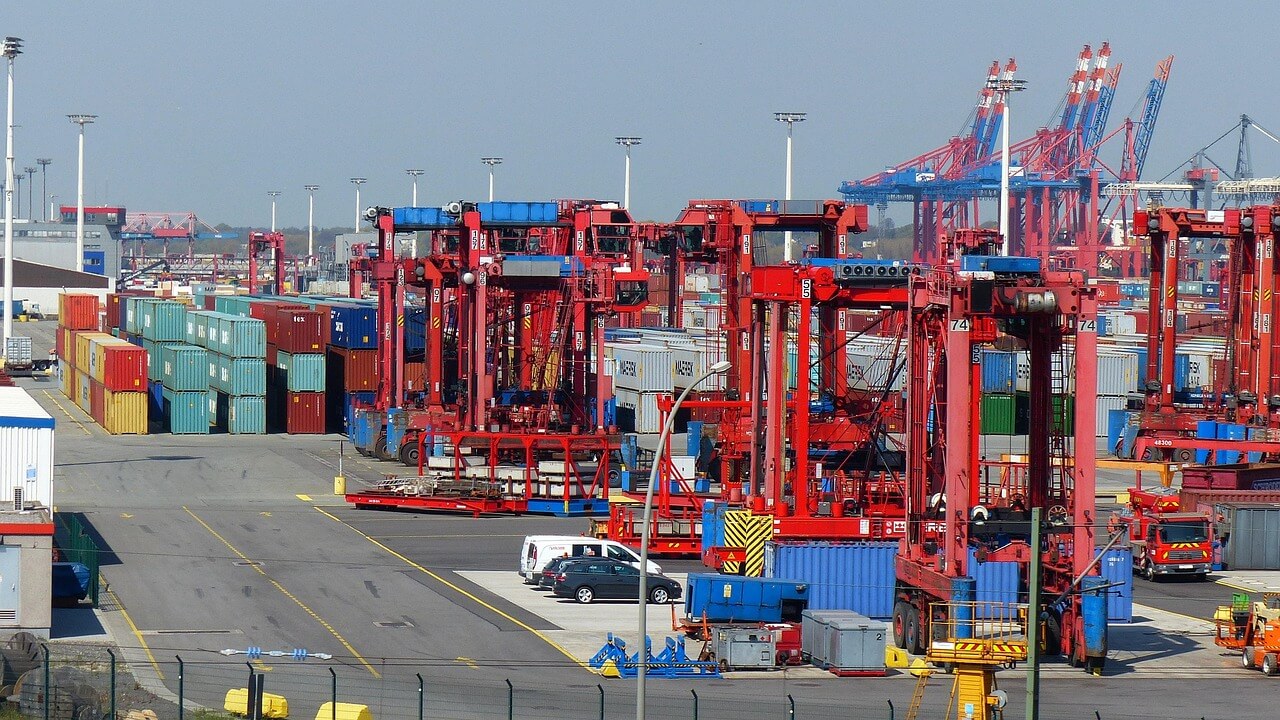
28
Apr
International freight forwarding import and export to Qatar, price influencing factors
International Freight Forwarding to Qatar: Key Price Influencing Factors
The international freight forwarding industry plays a pivotal role in the trade between nations, especially in the transport of goods to Qatar. This article delves into the factors that impact the pricing of freight forwarding services in an international context, particularly for imports and exports to Qatar.
1. Distance and Route: The distance between the origin and destination, as well as the route taken, are significant factors that influence freight costs. Shipping and transportation costs increase with greater distance, and routes with fewer transfer points tend to be more cost-effective.
2. Cargo Size and Weight: The size and weight of the cargo determine the volume and type of transportation required. Larger and heavier cargo typically leads to higher freight costs due to increased space utilization and additional handling requirements.
3. Type of Cargo: The nature of the goods being transported, such as their classification (general, hazardous, etc.), impacts pricing as certain types of cargo may require special handling or have strict shipping regulations.
4. Market Conditions: Global economic conditions, including supply and demand in the shipping industry, impact freight prices. During peak seasons or times of high demand, freight costs may rise due to increased shipping capacity requirements. Conversely, during downturns or slack periods, prices may decrease.
5. Customs Clearance: The process of customs clearance can involve several costs and delays, which are significant factors in overall freight costs. Understanding and navigating customs procedures in Qatar can have a considerable impact on overall pricing.
6. Transport Modes: The choice of transport mode (air, sea, or land) has a direct impact on freight costs. Each mode has its own advantages and disadvantages, with air freight being the fastest but most expensive option, followed by sea freight and then land transport.
7. Fuel Prices: Fluctuating fuel prices can significantly affect freight costs, especially for air and sea transport. Higher fuel prices can translate into increased operational costs for carriers, leading to higher freight rates.
8. Additional Services: Additional services offered by freight forwarders such as warehousing, packaging, and insurance can add to the overall cost of shipping. These services are often tailored to meet specific customer needs and can vary depending on the requirements of the shipment.
In conclusion, pricing for international freight forwarding services to Qatar is influenced by several factors that need to be carefully evaluated by both shippers and freight forwarders. Understanding these factors and mitigating their impact through strategic planning can help reduce costs and improve the efficiency of international shipments to Qatar.
The international freight forwarding industry plays a pivotal role in the trade between nations, especially in the transport of goods to Qatar. This article delves into the factors that impact the pricing of freight forwarding services in an international context, particularly for imports and exports to Qatar.
1. Distance and Route: The distance between the origin and destination, as well as the route taken, are significant factors that influence freight costs. Shipping and transportation costs increase with greater distance, and routes with fewer transfer points tend to be more cost-effective.
2. Cargo Size and Weight: The size and weight of the cargo determine the volume and type of transportation required. Larger and heavier cargo typically leads to higher freight costs due to increased space utilization and additional handling requirements.
3. Type of Cargo: The nature of the goods being transported, such as their classification (general, hazardous, etc.), impacts pricing as certain types of cargo may require special handling or have strict shipping regulations.
4. Market Conditions: Global economic conditions, including supply and demand in the shipping industry, impact freight prices. During peak seasons or times of high demand, freight costs may rise due to increased shipping capacity requirements. Conversely, during downturns or slack periods, prices may decrease.
5. Customs Clearance: The process of customs clearance can involve several costs and delays, which are significant factors in overall freight costs. Understanding and navigating customs procedures in Qatar can have a considerable impact on overall pricing.
6. Transport Modes: The choice of transport mode (air, sea, or land) has a direct impact on freight costs. Each mode has its own advantages and disadvantages, with air freight being the fastest but most expensive option, followed by sea freight and then land transport.
7. Fuel Prices: Fluctuating fuel prices can significantly affect freight costs, especially for air and sea transport. Higher fuel prices can translate into increased operational costs for carriers, leading to higher freight rates.
8. Additional Services: Additional services offered by freight forwarders such as warehousing, packaging, and insurance can add to the overall cost of shipping. These services are often tailored to meet specific customer needs and can vary depending on the requirements of the shipment.
In conclusion, pricing for international freight forwarding services to Qatar is influenced by several factors that need to be carefully evaluated by both shippers and freight forwarders. Understanding these factors and mitigating their impact through strategic planning can help reduce costs and improve the efficiency of international shipments to Qatar.
LEAVE YOUR COMMENT
categories
recentpost
-
 How can freight forwarders achieve efficient logistics and shipping from China to Tanzania?Apr 30,2025
How can freight forwarders achieve efficient logistics and shipping from China to Tanzania?Apr 30,2025 -
 What are the guarantee measures for transportation and transaction services from China to the UnitedApr 30,2025
What are the guarantee measures for transportation and transaction services from China to the UnitedApr 30,2025 -
 How is the international freight delivery service for transporting goods to Saudi Arabia?Apr 30,2025
How is the international freight delivery service for transporting goods to Saudi Arabia?Apr 30,2025 -
 What is the delivery time for international freight from China to Kenya?Apr 30,2025
What is the delivery time for international freight from China to Kenya?Apr 30,2025 -
 What is the customs clearance process for global land transportation from China to the United Arab EApr 30,2025
What is the customs clearance process for global land transportation from China to the United Arab EApr 30,2025 -
 Shipping Guide from China to Qatar: How to Calculate LCL Shipping Cost?Apr 30,2025
Shipping Guide from China to Qatar: How to Calculate LCL Shipping Cost?Apr 30,2025

